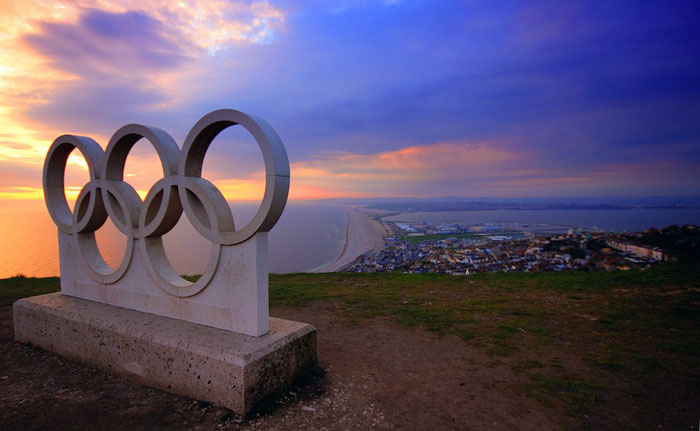1936 Berlin
Spain decided to boycott the Berlin Games, and with labour and socialist groups around the world, organized an alternative event, the People's Olympiad. However, the event was canceled as the Spanish Civil War broke out. Ireland boycotted the games following the IAAF expelling an Irish athletics body for refusing to restrict itself to the Irish Free State rather than the island of Ireland.
1956 Melbourne
Lichtenstein, the Netherlands, Spain, and Sweden boycotted the games in protest of the Soviet invasion of Hungary. Egypt, Lebanon, and Iraq also boycotted as a result of the Suez crisis. The People's Republic of China refused to participate due to the inclusion of the Republic of China (Taiwan).
1964 Tokyo
South Africa was banned by the IOC from taking part due to its oppressive apartheid regime. This ban lasted until 1992. Also, Indonesia and North Korea withdrew after the IOC decision to ban teams that took part in the 1963 Games of the New Emerging Forces.
1968 Mexico City
In Mexico City, 10 days before the Olympics began, students protesting against the government were surrounded by the army who opened fire, killing 267 and injuring more than 1,000. During the Games, American athletes Tommie Smith and John Carlos were expelled for raising their fists in a "black power" salute on the winners' podium.
1972 Munich
11 Israeli athletes were taken hostage by Palestinian terrorists 'Black September', to protest against the holding of 234 Palestinian prisoners in Israel. The terrorists murdered two of their captives, then, as the result of a bungled rescue attempt by the authorities, the remaining nine captives were killed alongside three of their captors.
1976 Montreal
At the 1976 Games 26 African countries boycotted in response to New Zealand's participation. Earlier that year a New Zealand team had undertaken a three-month rugby tour of segregated South Africa, but the IOC refused to ban them. Egypt competed for the first three days of the Games before withdrawing in support of the boycott by most other African nations. The Republic of China (Taiwan) team was also barred from entering the country, then allowed to enter if they agreed not to compete as "the Republic of China". The Taiwanese considered this unacceptable and withdrew.
 Olympic rings in Portland
Olympic rings in Portland1980 Moscow
Due to the Soviet invasion of Afghanistan, President Carter called upon the U.S. Olympic Committee to boycott the Games. The Olympic Charter requires such committees to "resist all pressures of any kind whatsoever, whether of a political, religious or economic nature," but theory and practice diverge. The Americans stayed home, and in total 62 countries including West Germany and Japan refused to attend. In all, 80 nations participated in the Games, down from 122 nations in Munich. The USSR won 195 medals, but allegations of cheating tainted this astonishing result.
1984 Los Angeles
14 countries, including the USSR, boycotted the Games in what was widely seen as revenge for the Moscow Games four years earlier, though the official line was that they had security concerns. Iran and Libya also boycotted the Games for different reasons. Ironically, China chose this year to return to the Games after a 32-year absence.
1988 Seoul
After failing to be recognized as co-host of the Games, North Korea (which was still technically at war with the South) boycotted the Games, with Cuba and Ethiopia joining them in solidarity. However there were no widespread boycotts for the first time since 1972.
1992 Barcelona
It was a rare Olympic Games with no boycotts. The Soviet Union had broken up, and the new Russian republics competed under one banner (unified team). The Berlin Wall had been torn down - so East and West Germany competed together as a united country. South Africa returned to the Games after the end of apartheid and 32 years of sporting isolation.
2008 Beijing
There was talk of a boycott to the Beijing Olympic Games due to China's treatment of the Tibetan people, and other human rights abuses, though no major protest eventuated.
Related Pages
- Countries Banned from the Olympic Games
- Olympic Games History
- Alternative Olympic Games
- Boycotts of the Winter Olympics
- Books about the History of the Olympic Games


 Upcoming Events
Upcoming Events